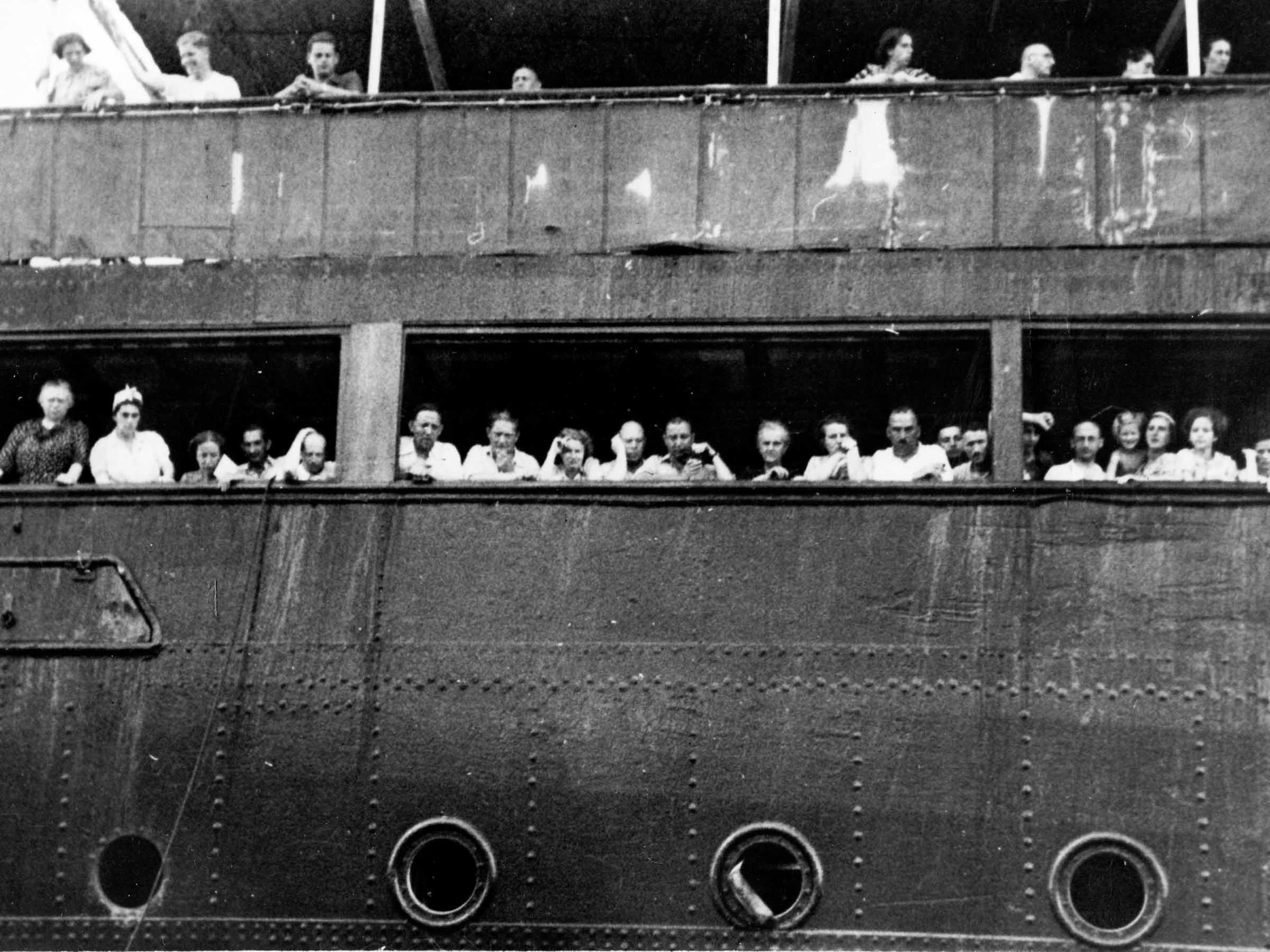Present and Past
Closed borders and barbed wire fences, refugee ships denied safe harbor, fruitless conferences whose participating countries straight out refuse to take in desperate migrants, demands by nationalists and populists to shut down international crossings: The images and news reports are similar, when one looks at today’s “refugee crisis” and that of the years preceding World War II.
That catastrophe was triggered by the expulsion of Jews from Germany after 1933, and from Austria after its annexation in the spring of 1938: There, the Nazi regime’s immediate launch of especially brutal persecution triggered a mass exodus.
Later that year, on the initiative of US President Franklin D. Roosevelt, representatives of 32 countries took part in an international refugee conference: They gathered from July 6-15 1938 in the exclusive seaside resort of Évian-les-Bains on the French shore of Lake Geneva. Though conference participants expressed sympathy for refugees, they gave various reasons for refusing to take in any more of them. Ultimately, the Évian Conference came to symbolize the international community’s failure to rescue the persecuted Jews of Germany and Austria, for whom escape was the only way out.
Even though today’s refugees are fundamentally different from those of 1938, both in terms of numbers and in reasons for fleeing, we may better understand today’s situation by examining the Évian Conference as an example of how the international community has dealt with flight and migration.


left: Refugees on the “Balkan route” on the Greek-Macedonian border, January 2016 (Photo: Armend Nimani/AFP) / right: Jewish refugees from Austria crossing the border to Switzerland illegally, August 20, 1938 (The New York Times, Paris Office/National Archives, College Park, MD)


left: Some of the 220 refugees on the “Lifeline” in the Mediterranean, June 2018 (Photo: Hermine Poschmann/Mission Lifeline) / right: Jewish passengers on the “St. Louis” at the Havana harbor, June 8, 1938 (The New York Times, Paris Office/National Archives, College Park, MD)